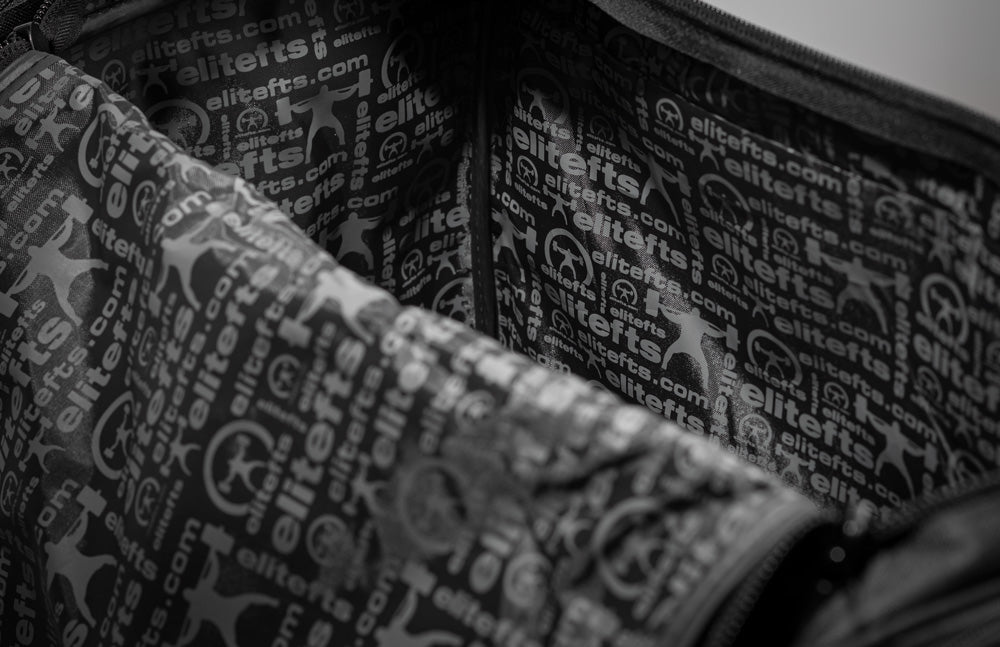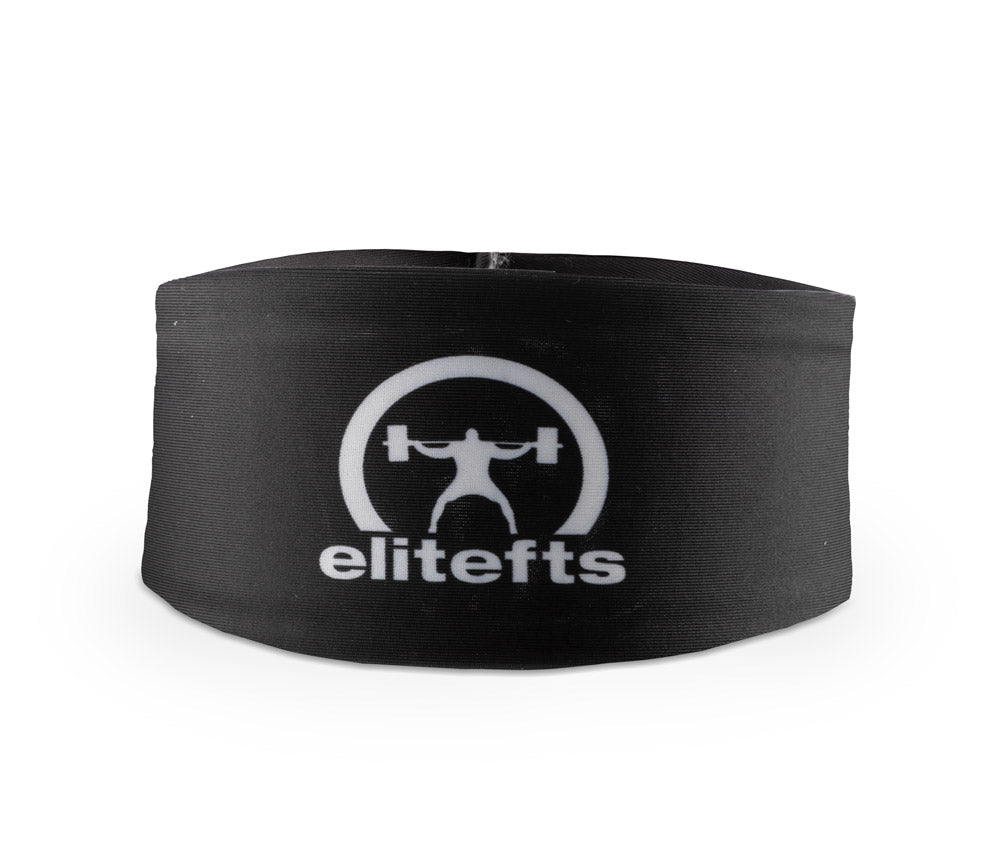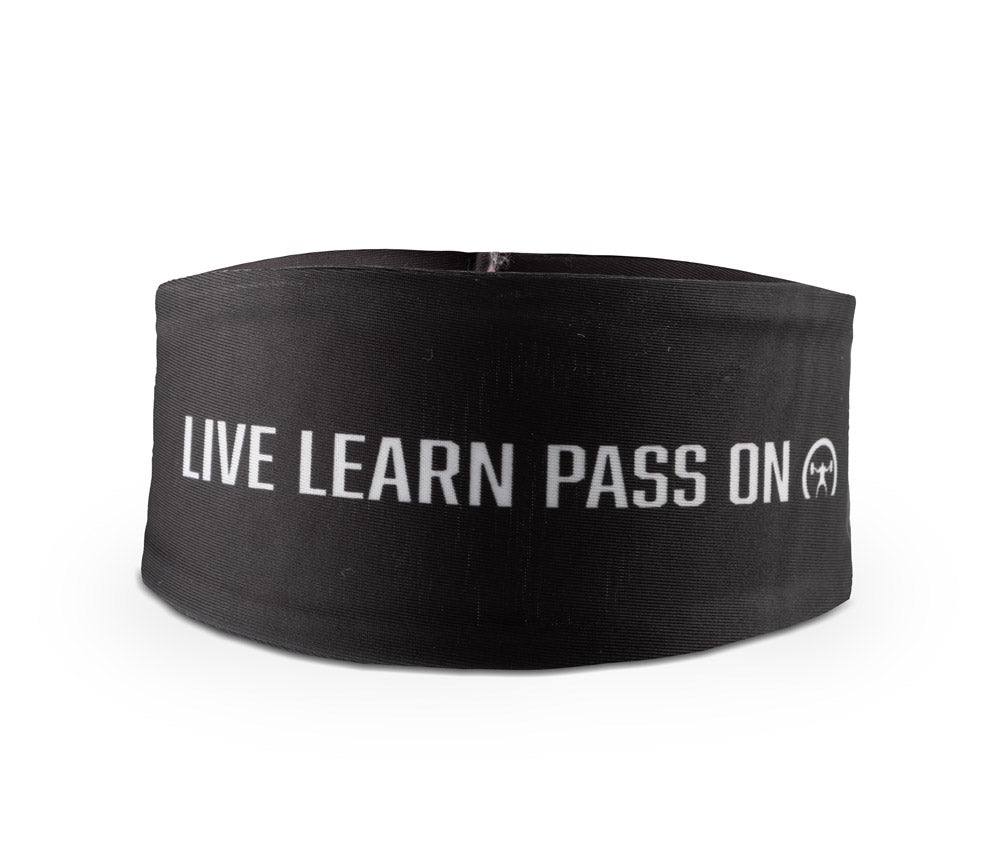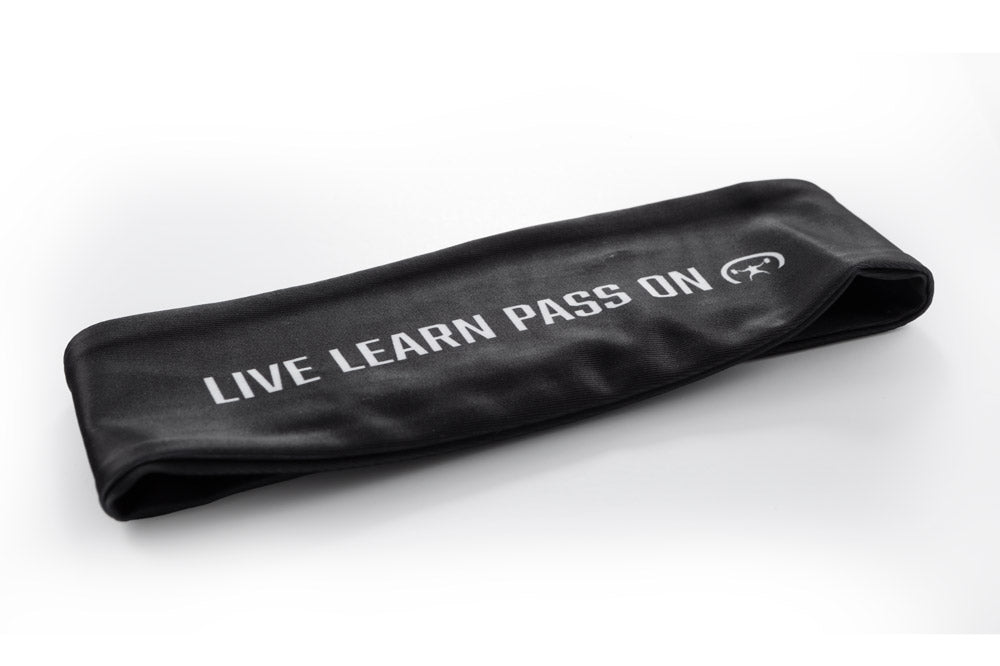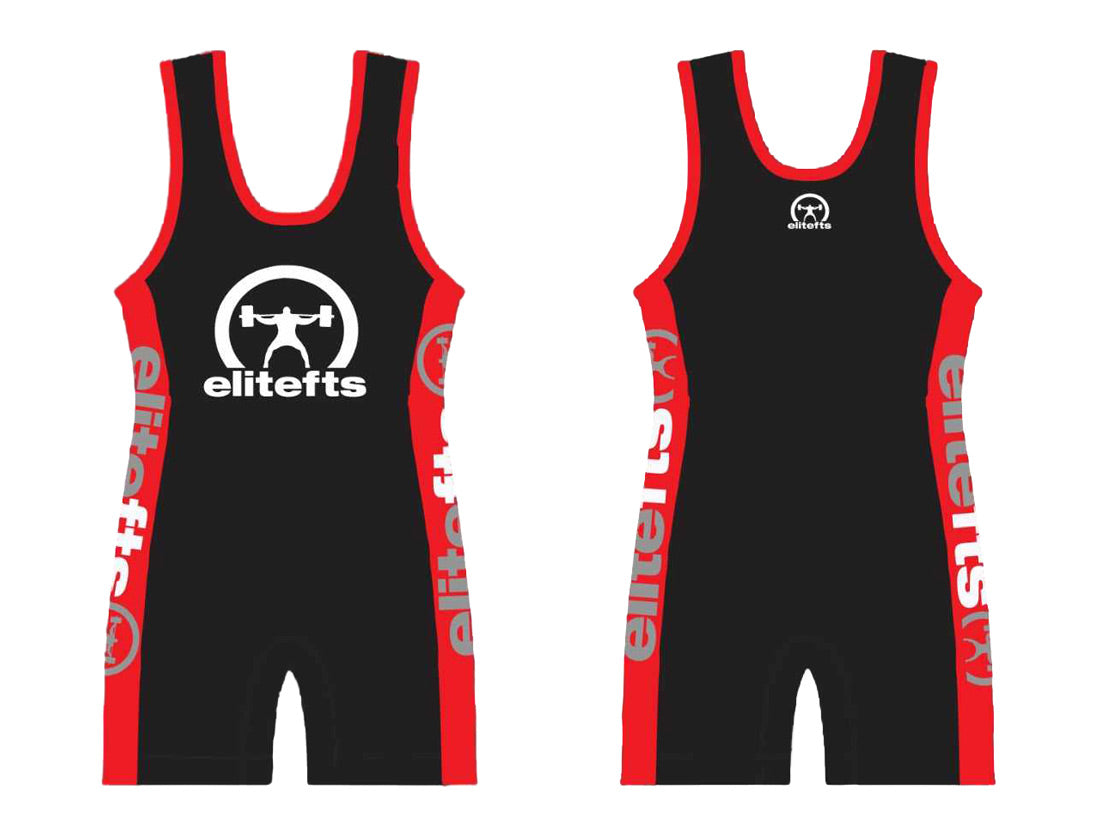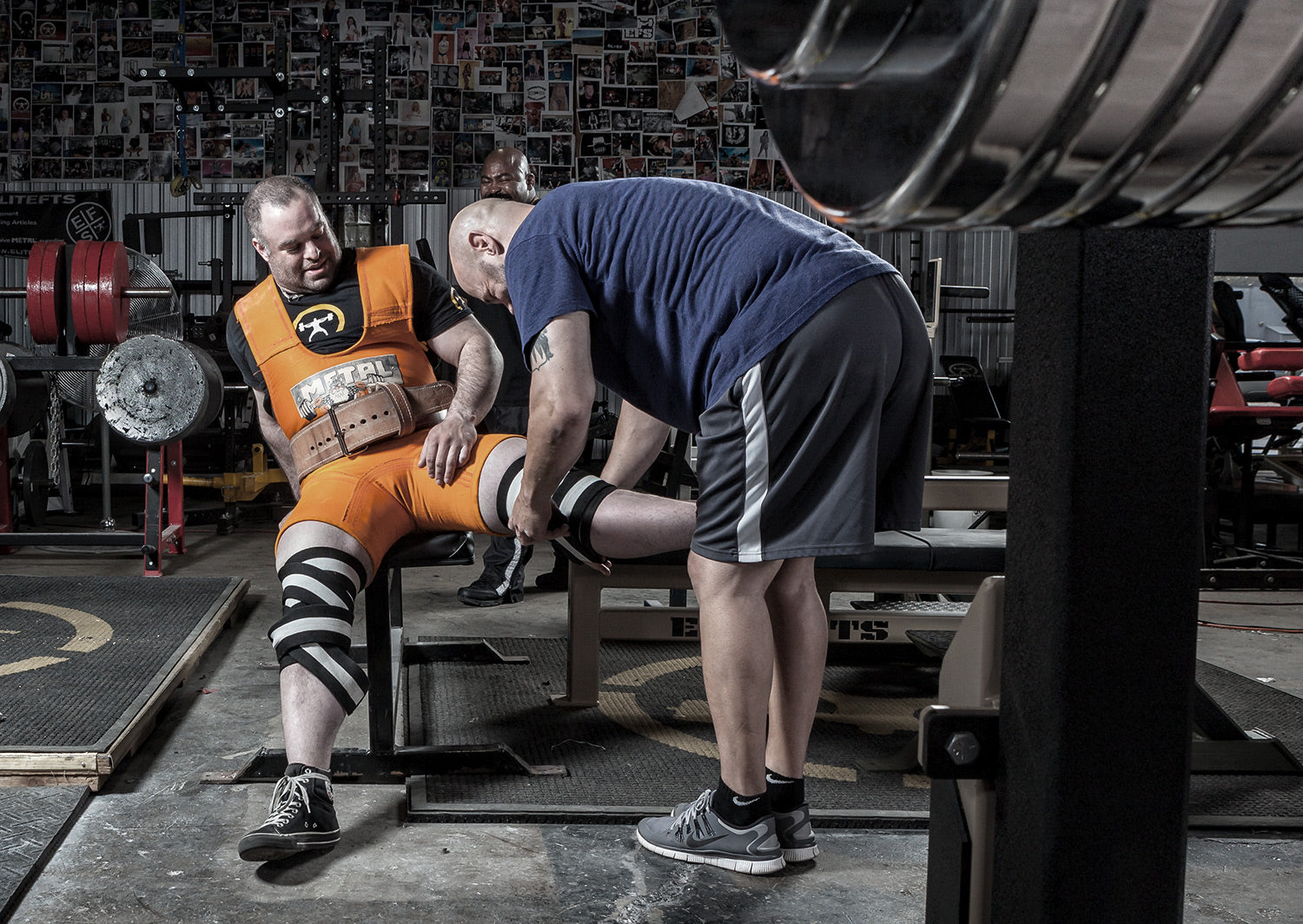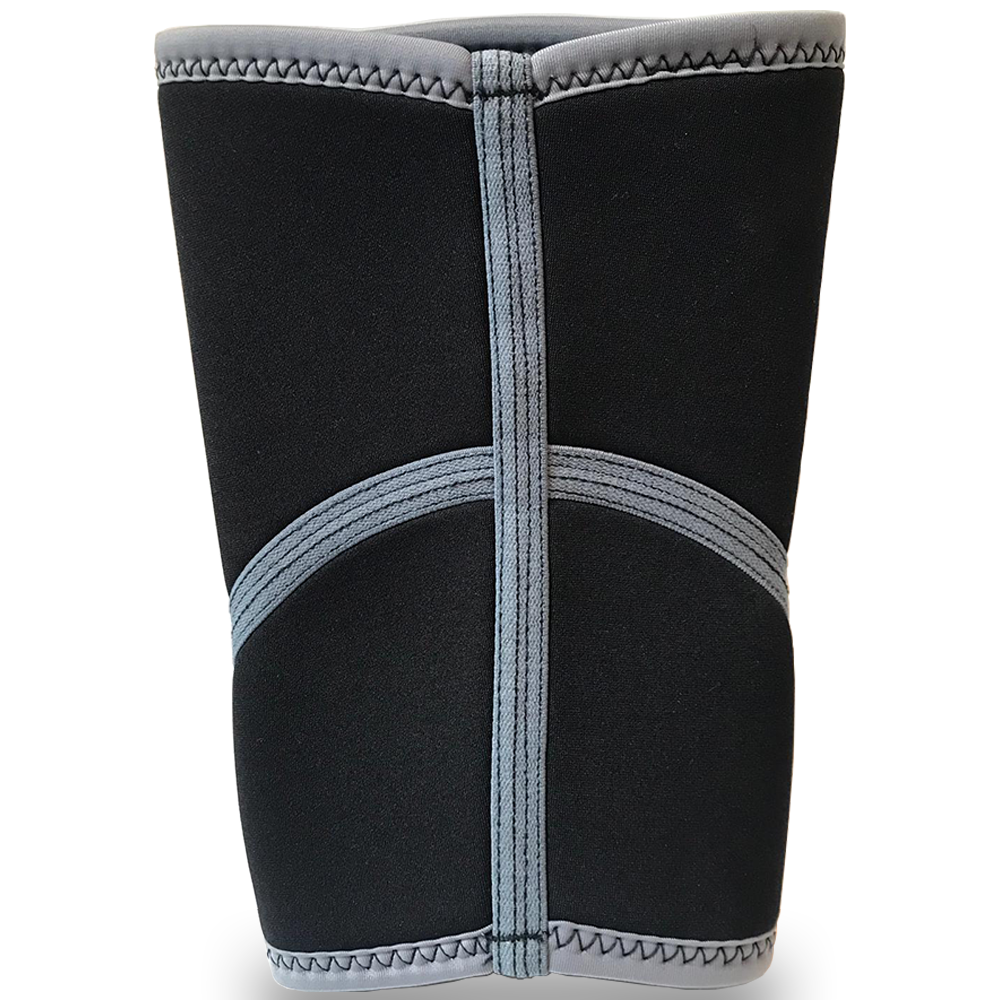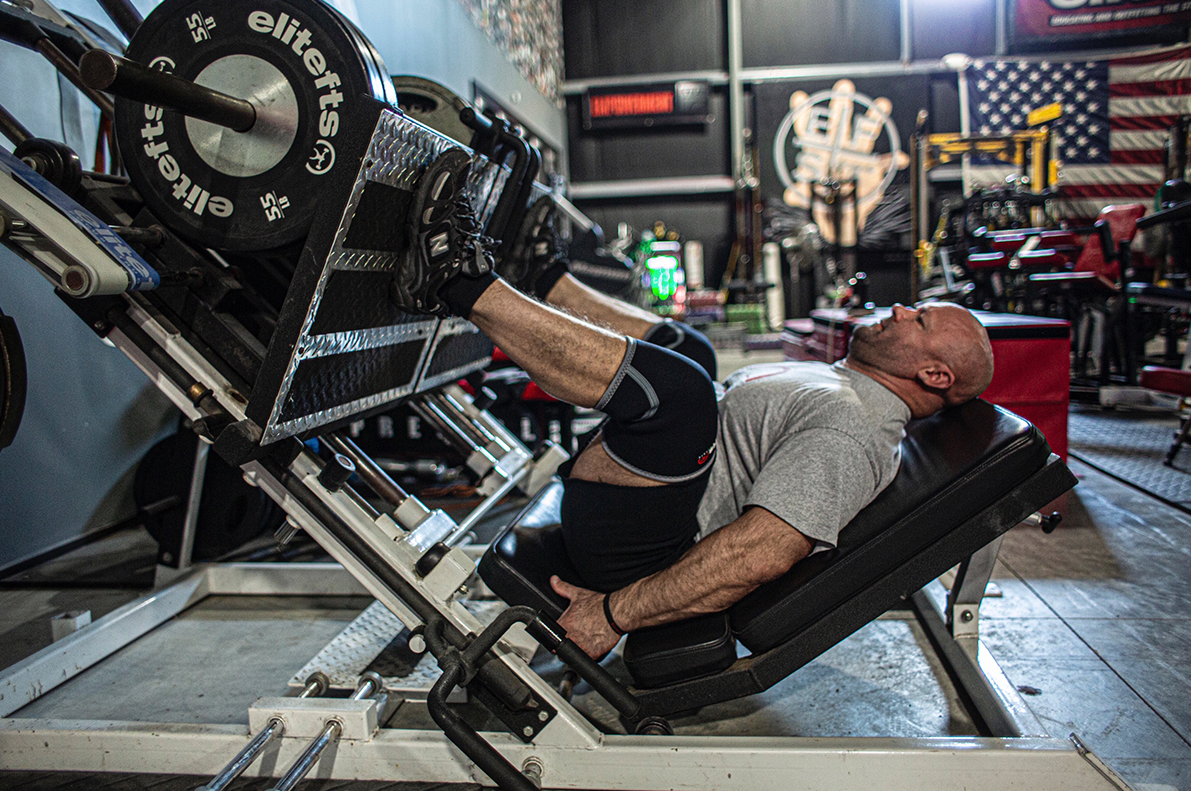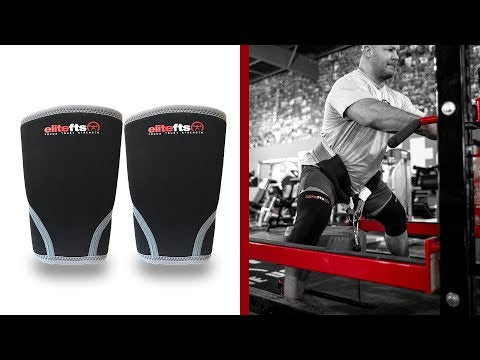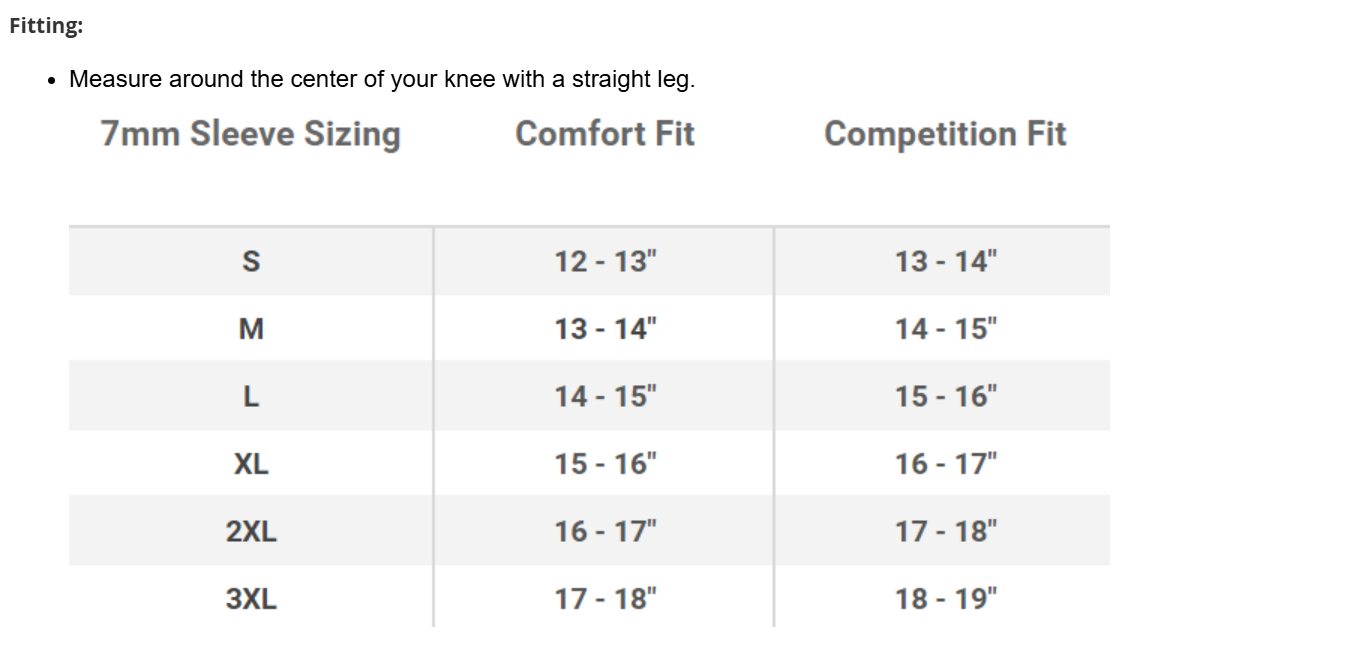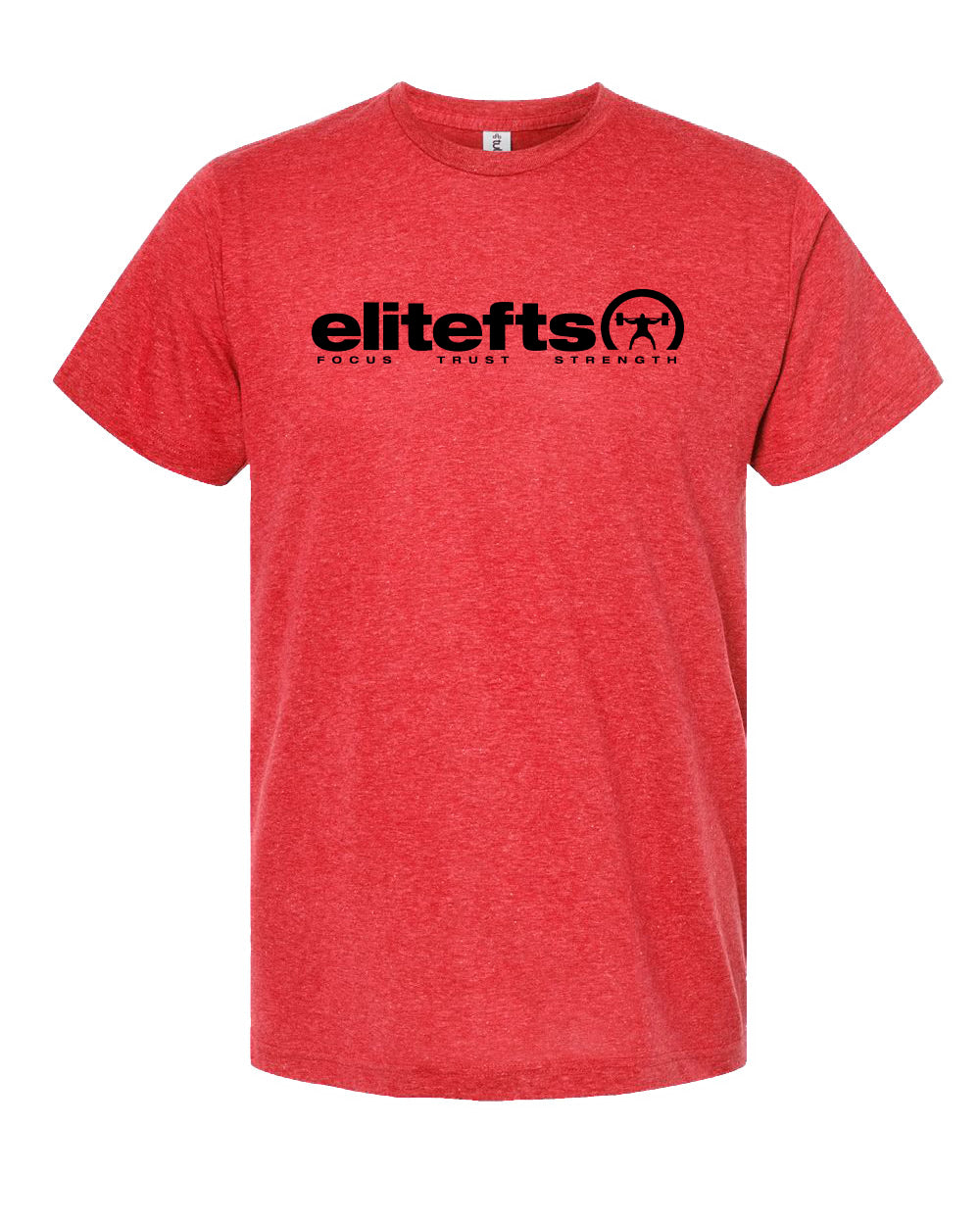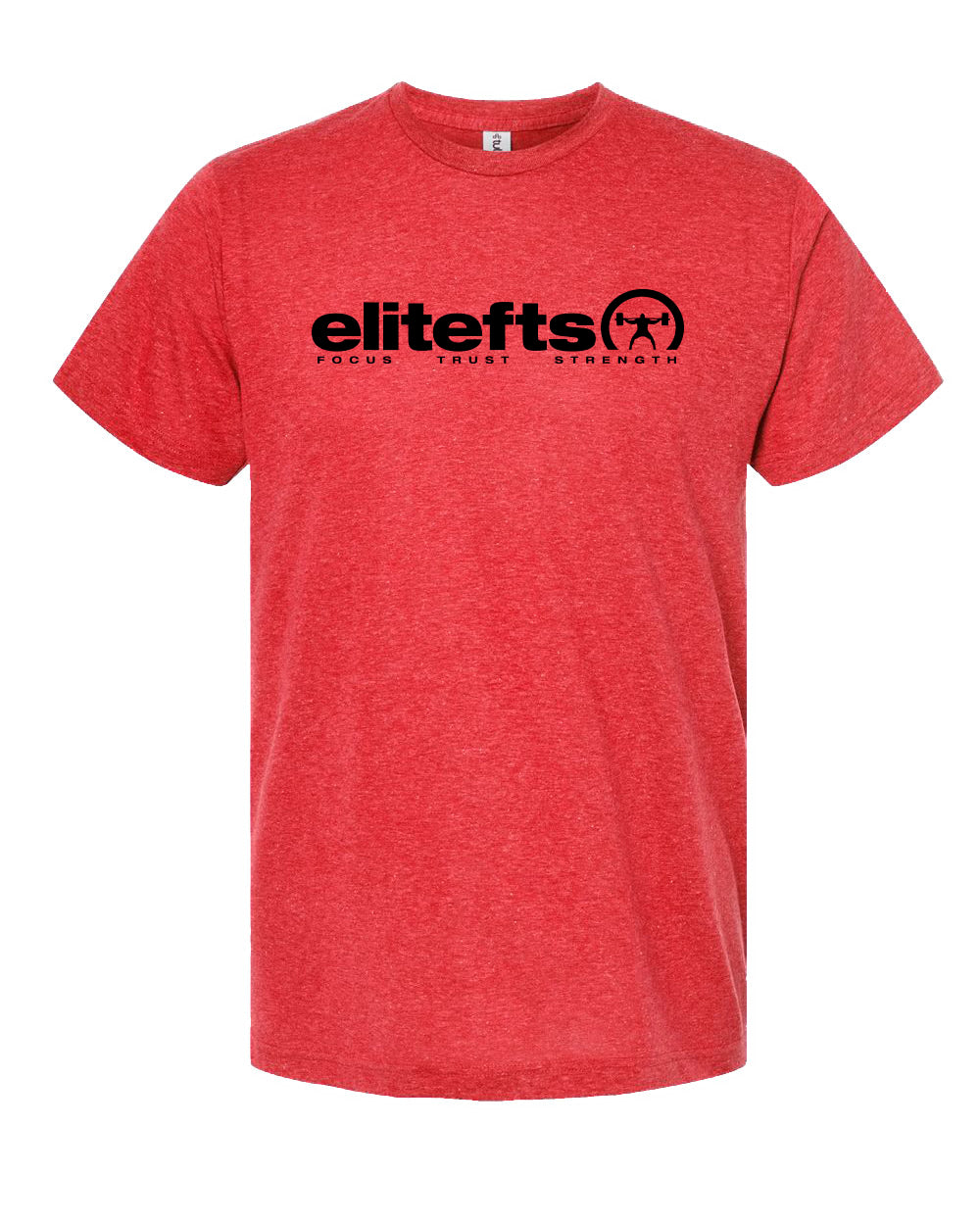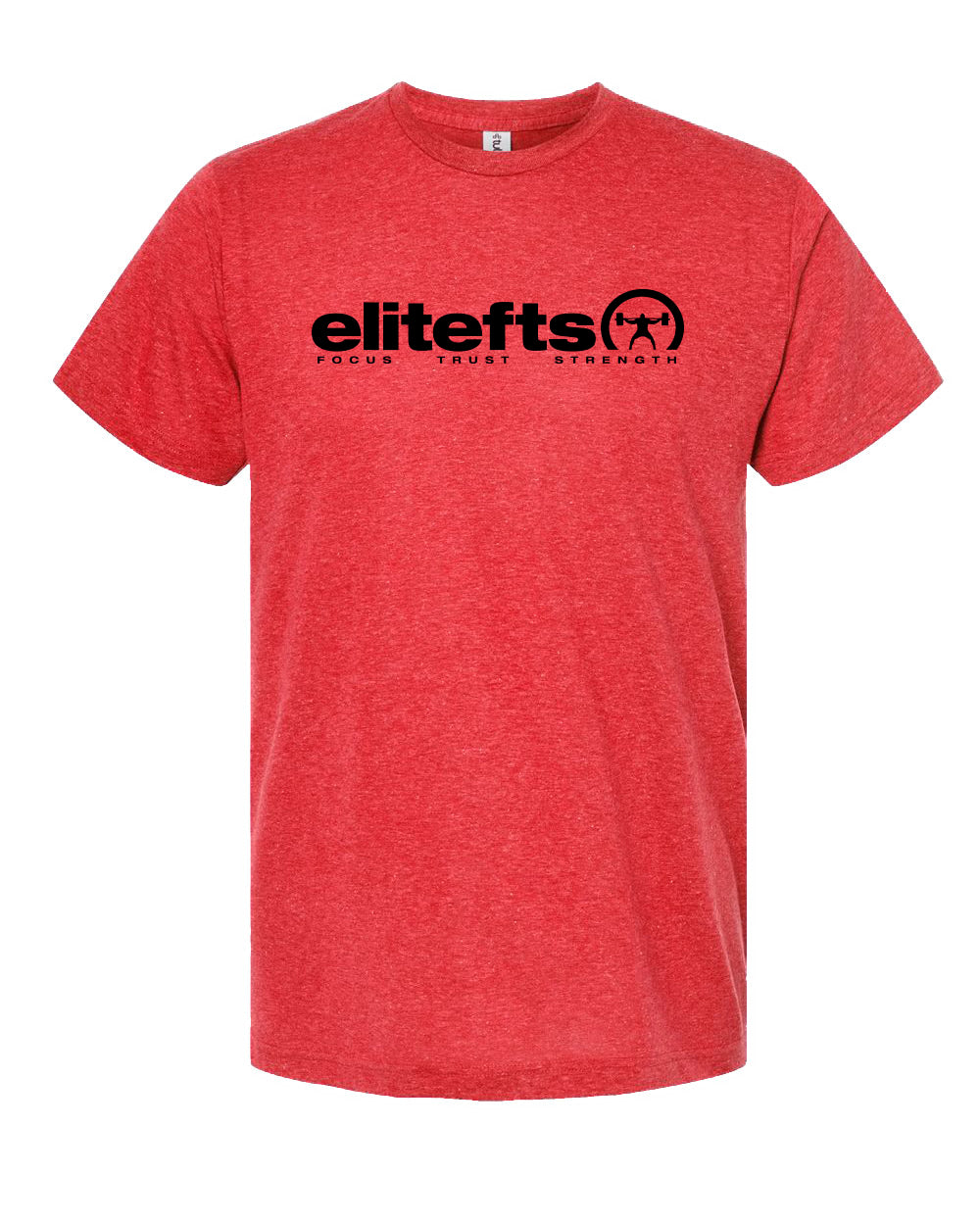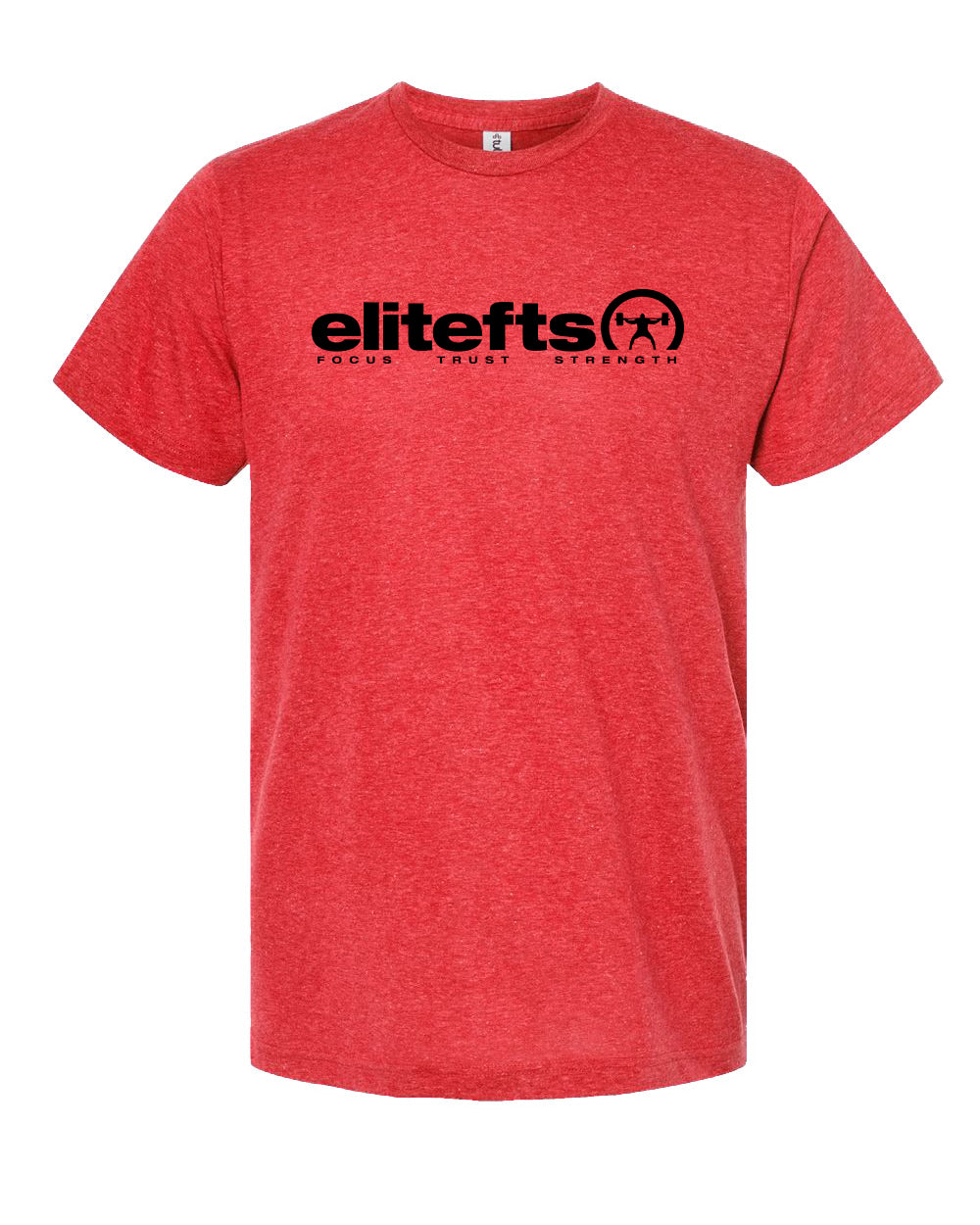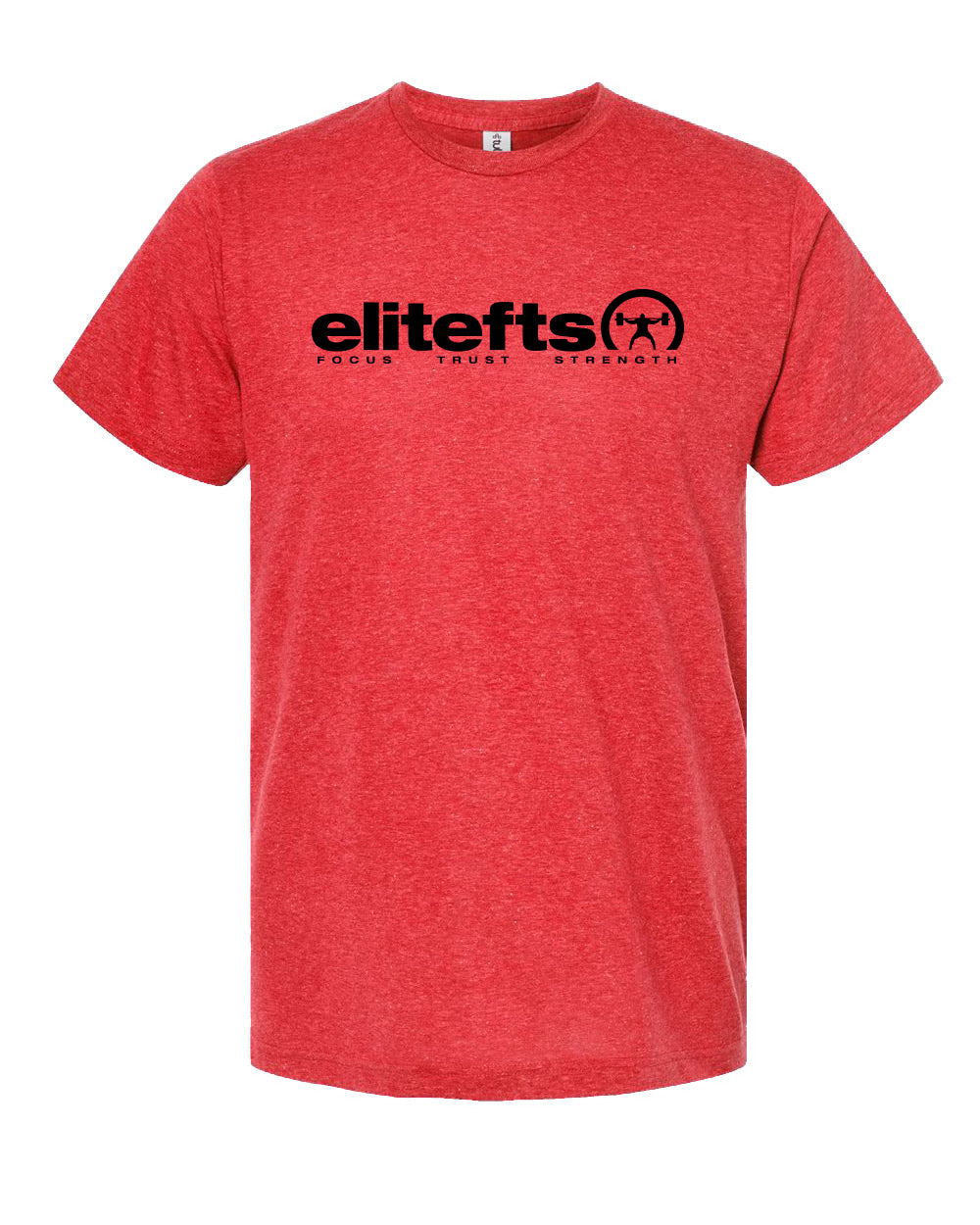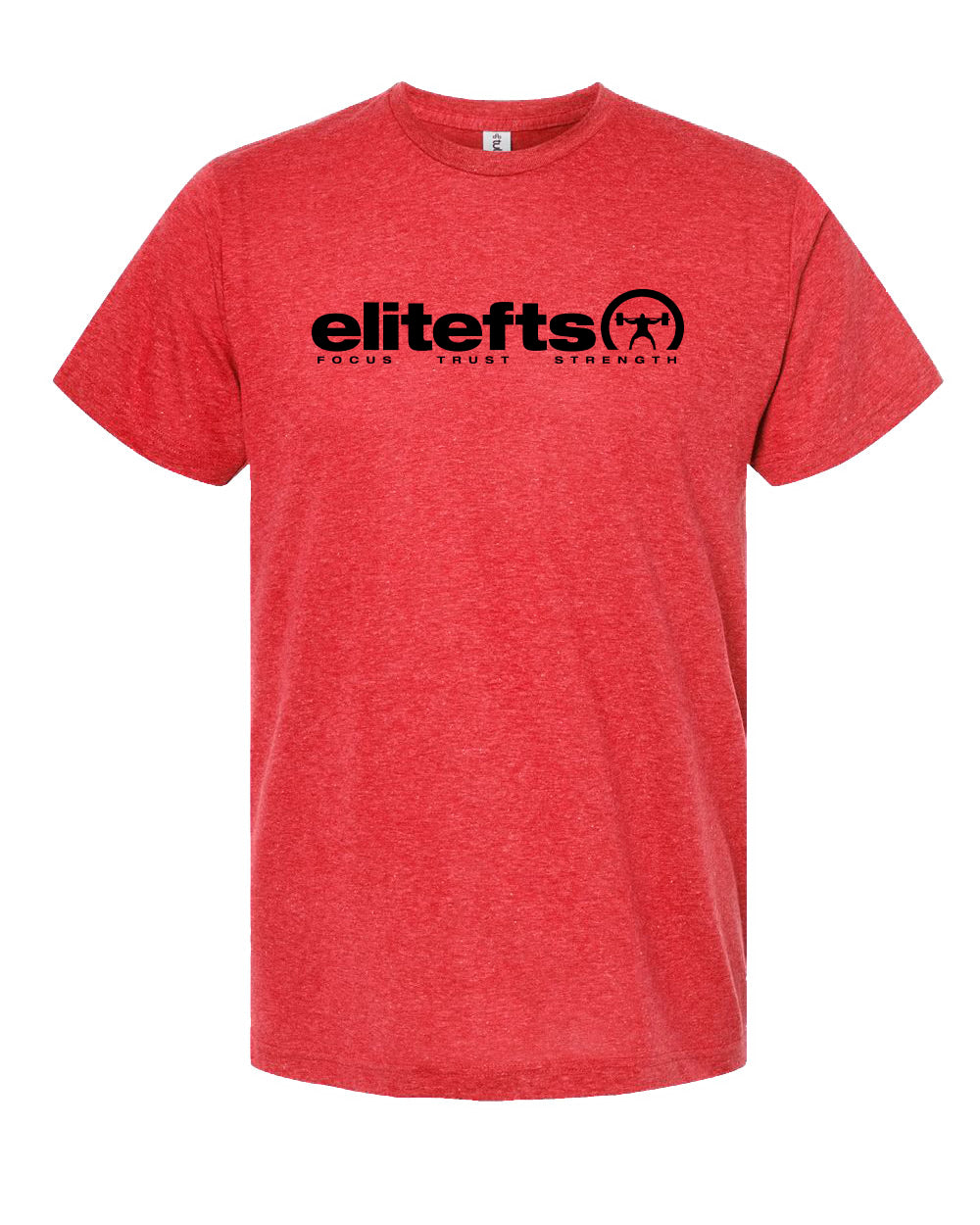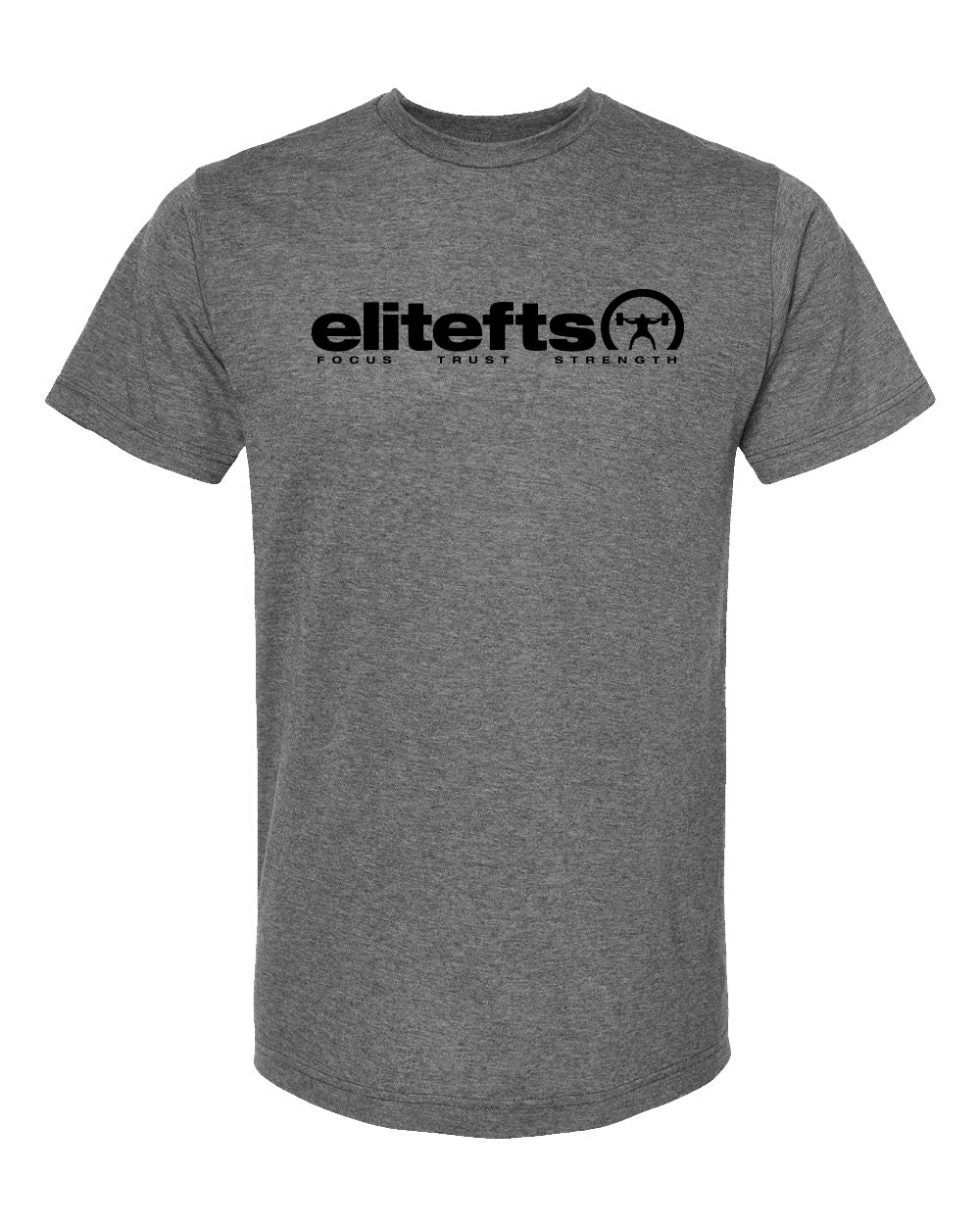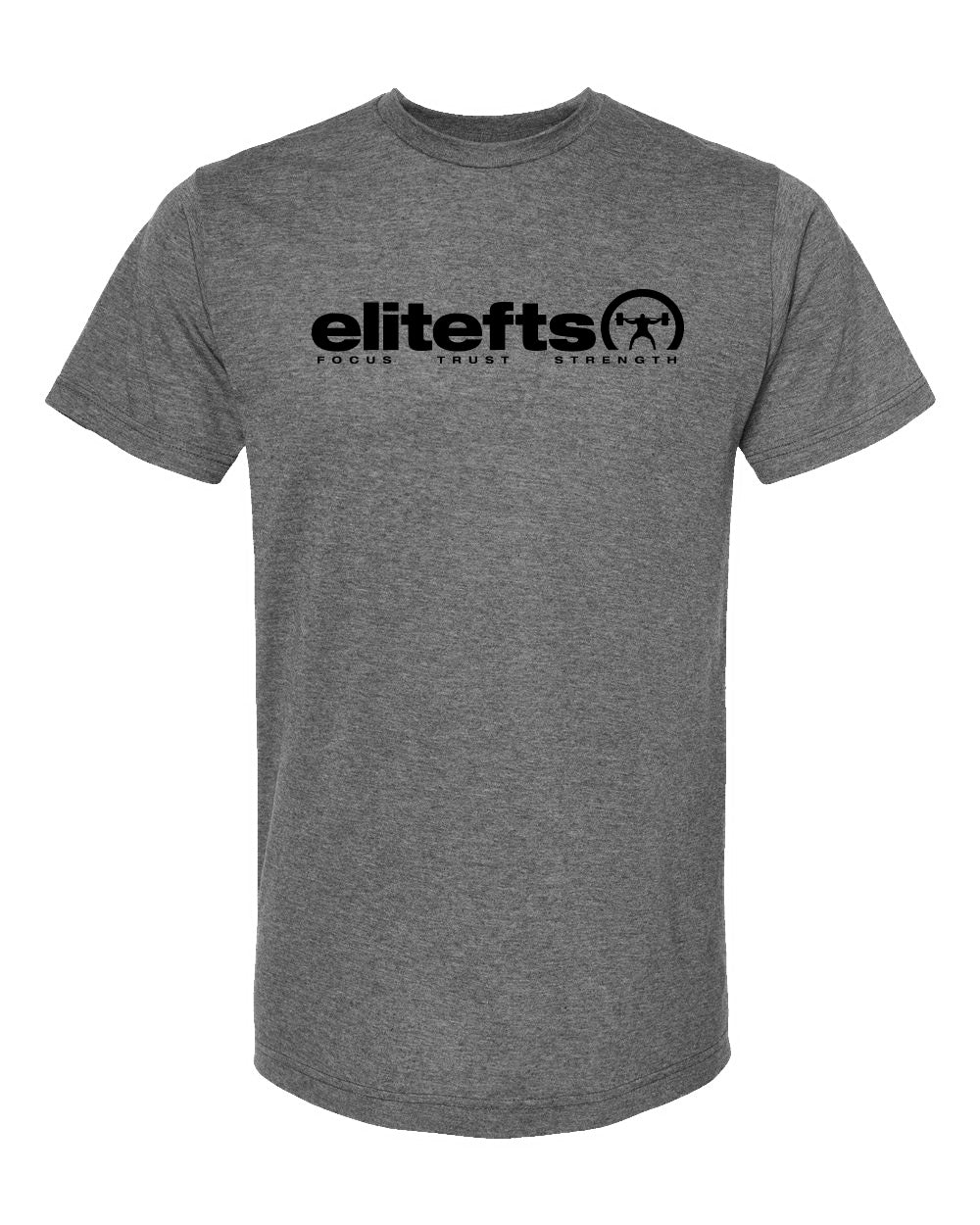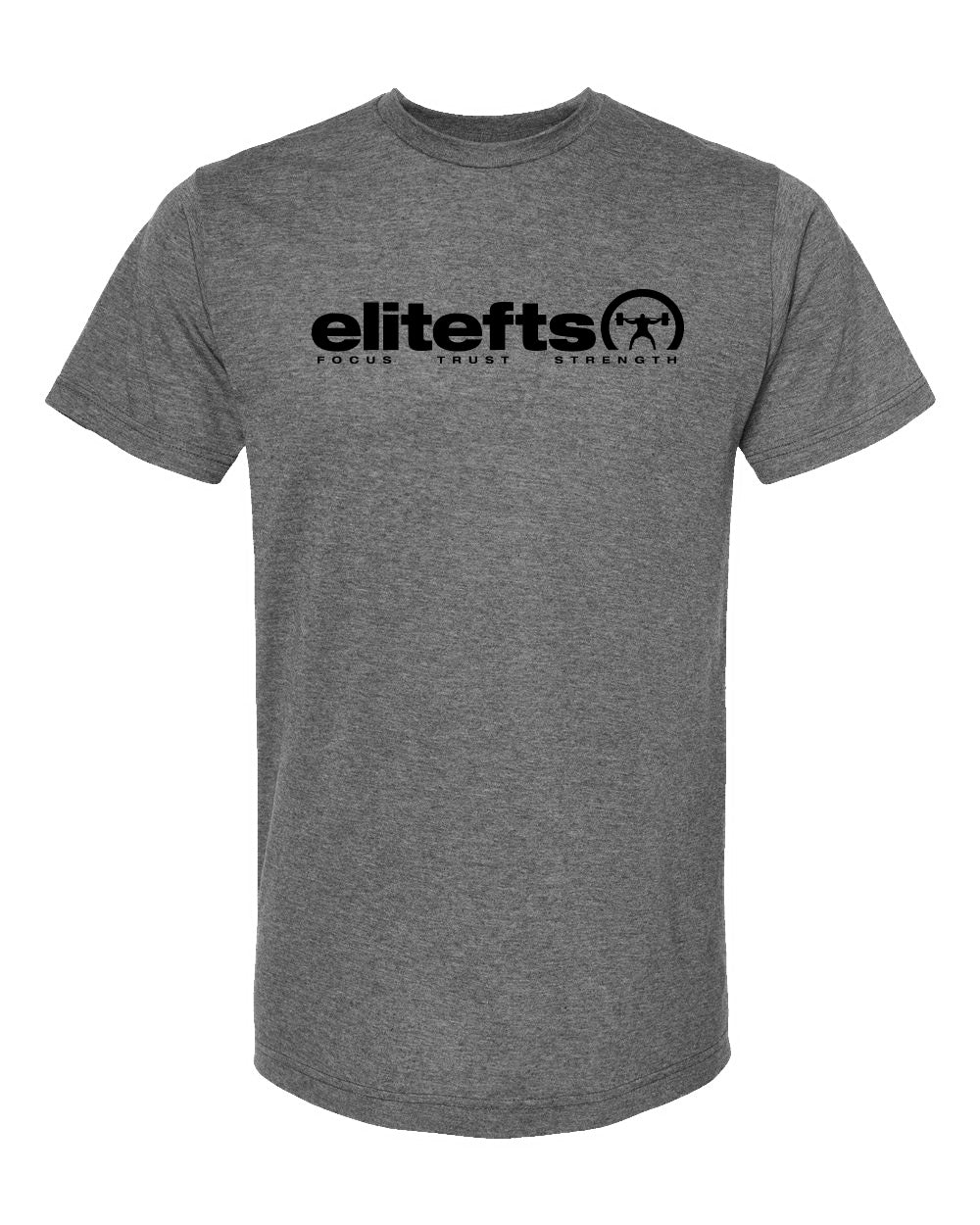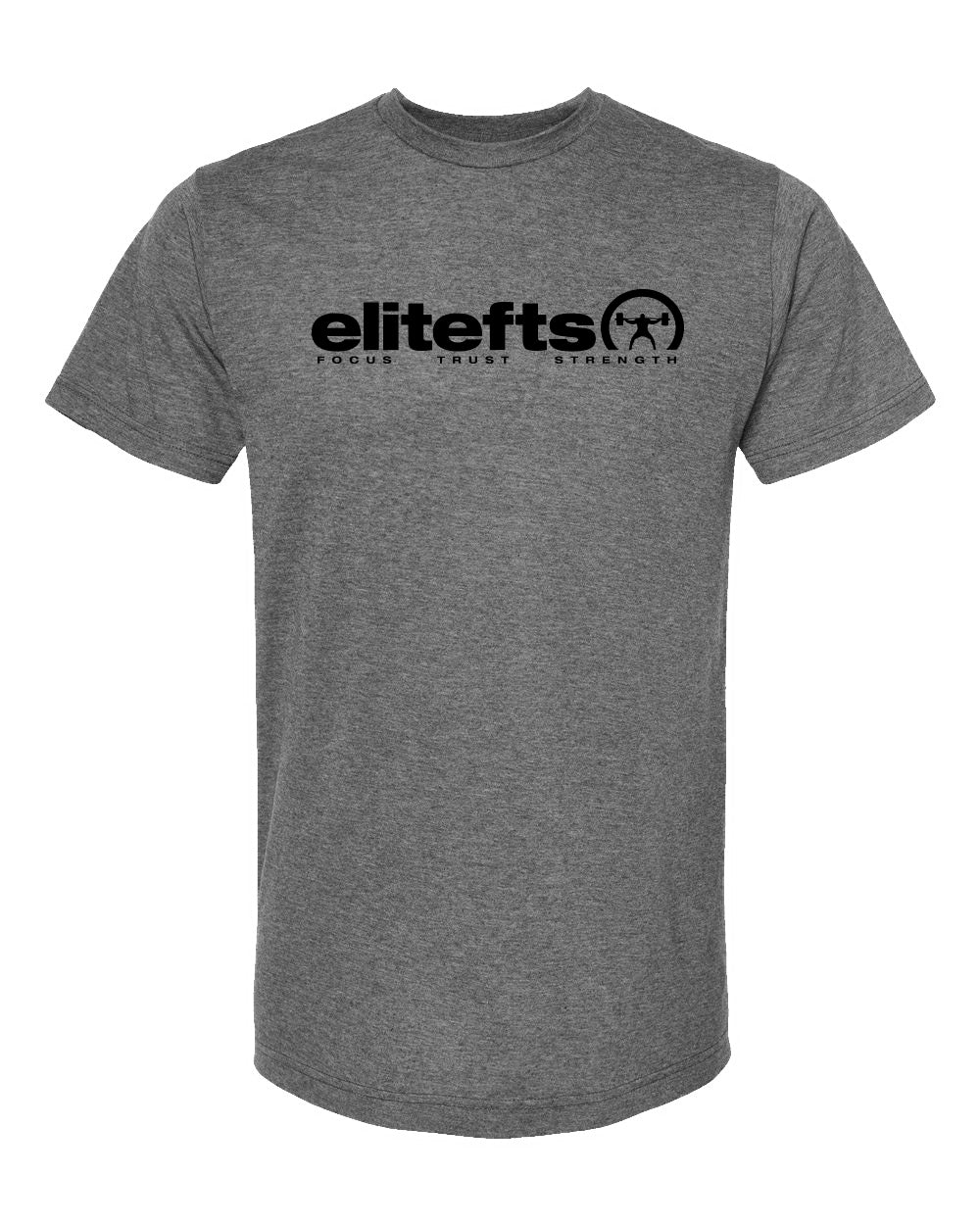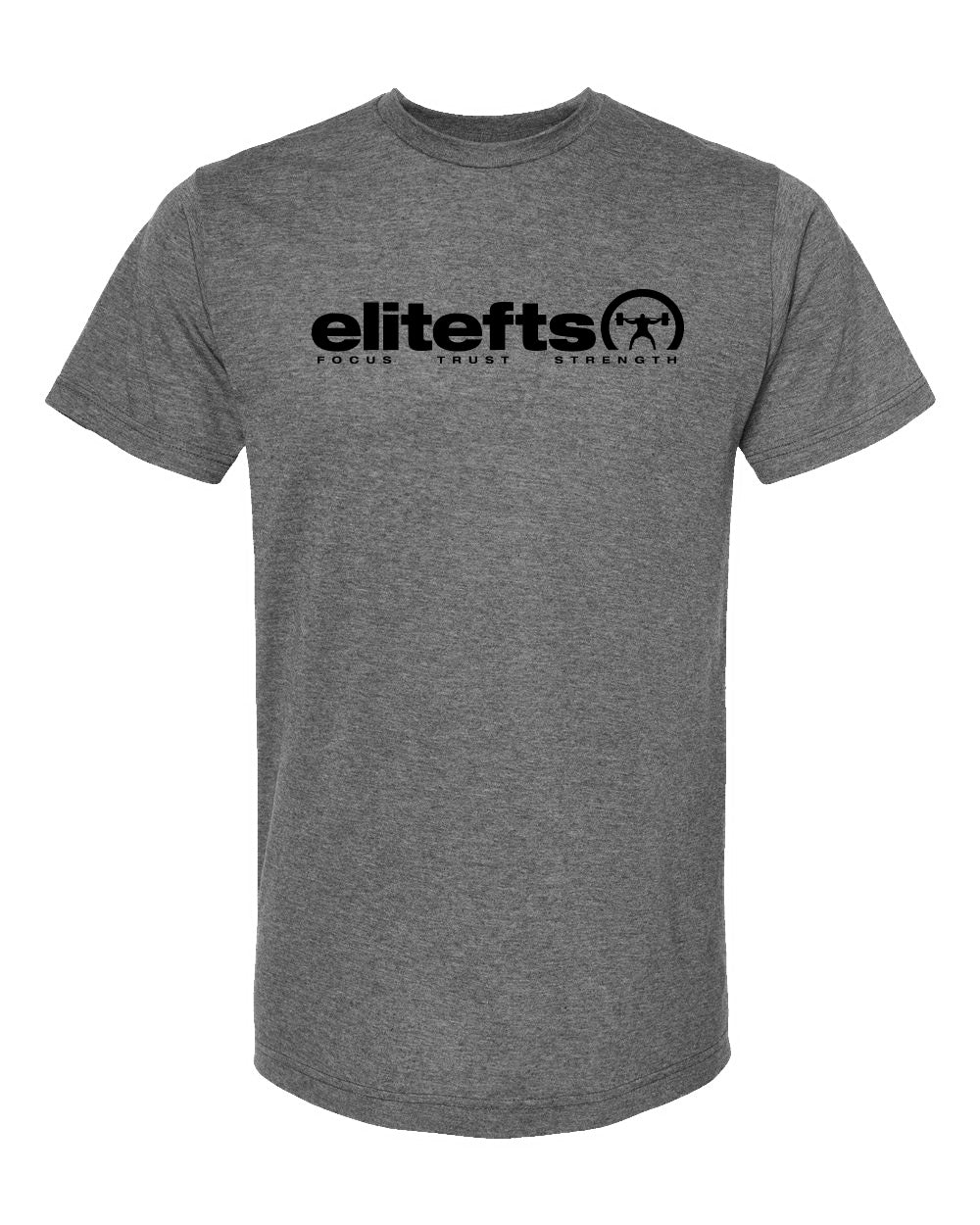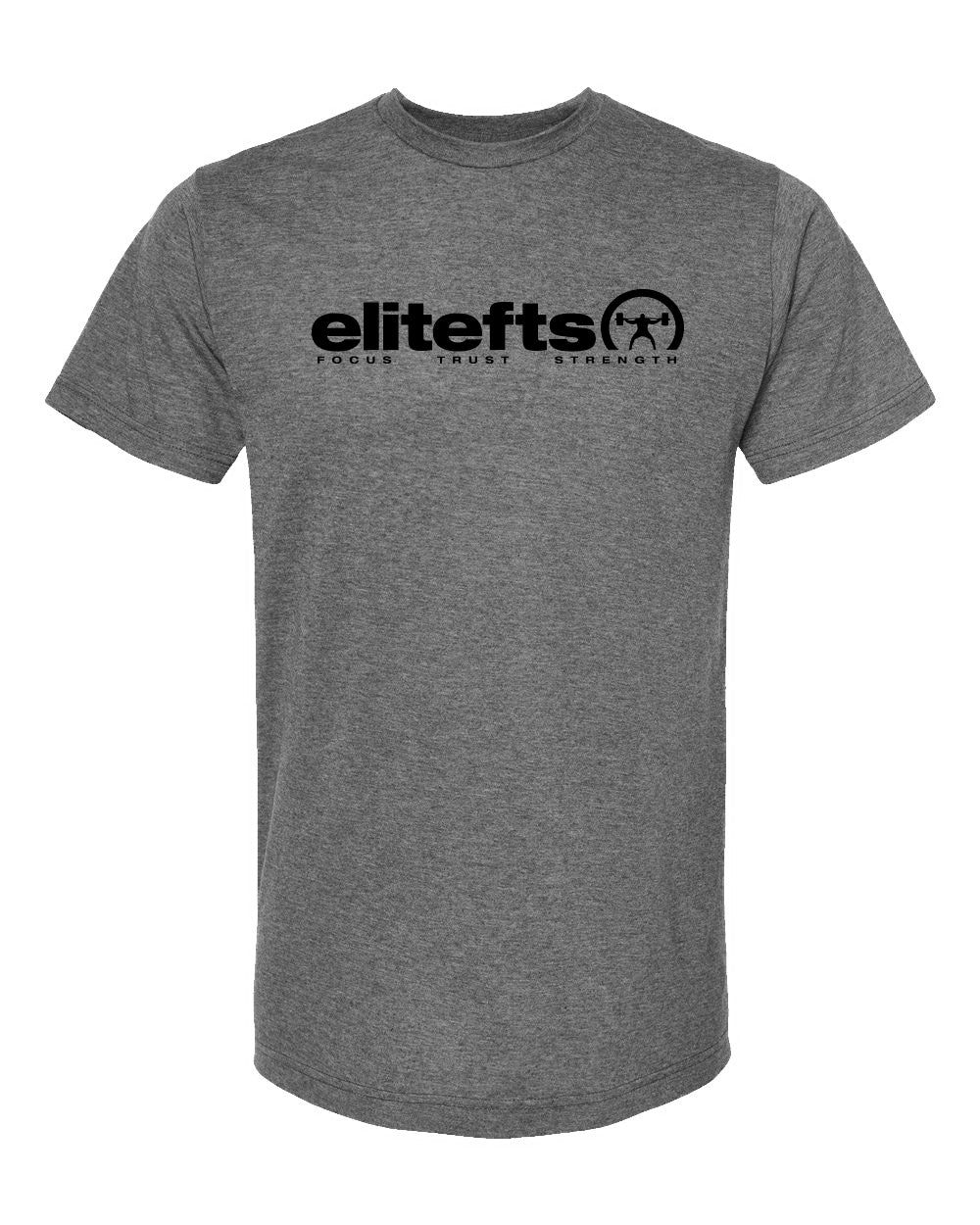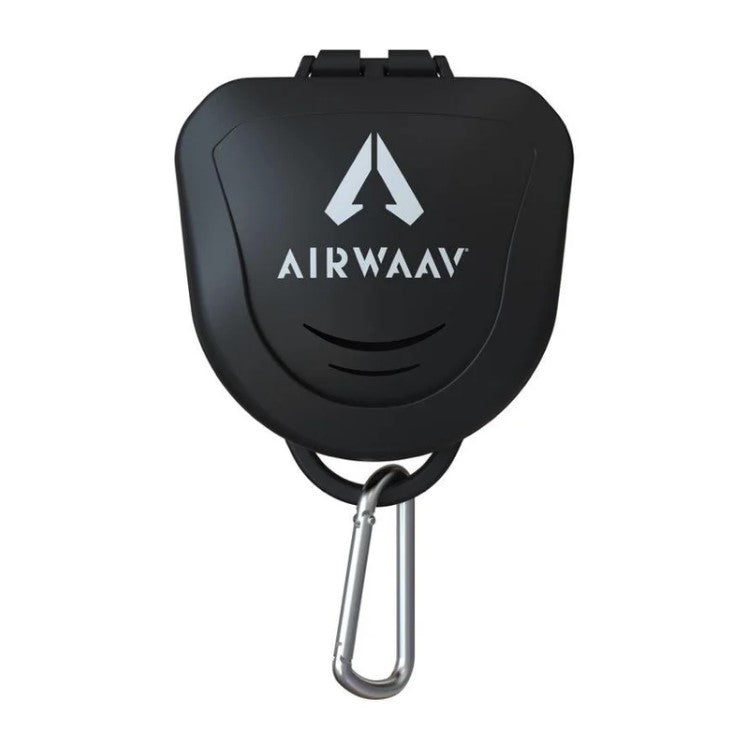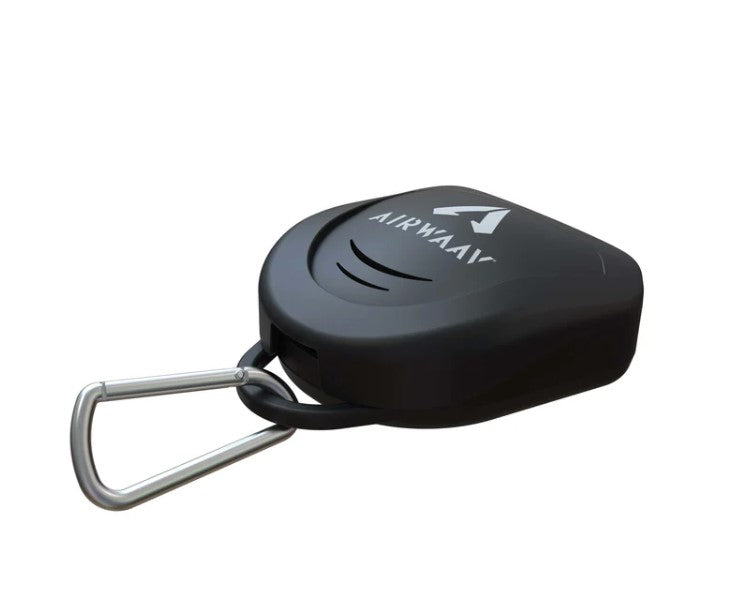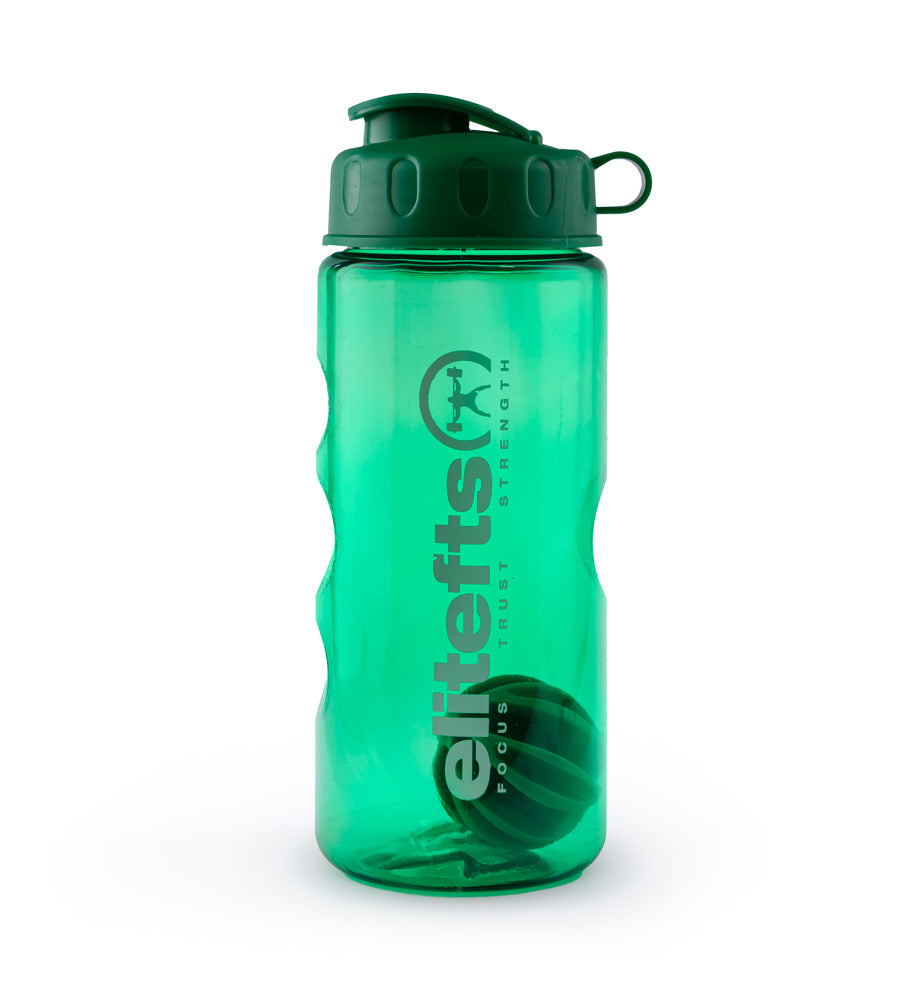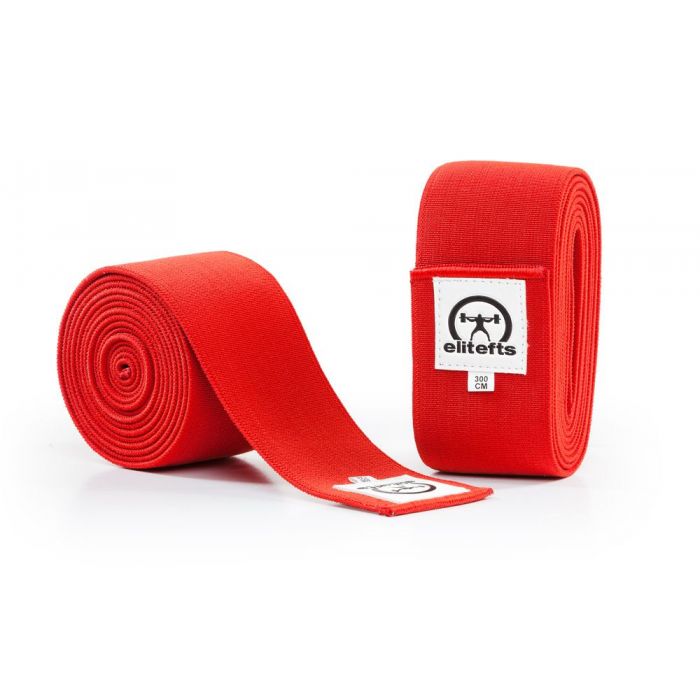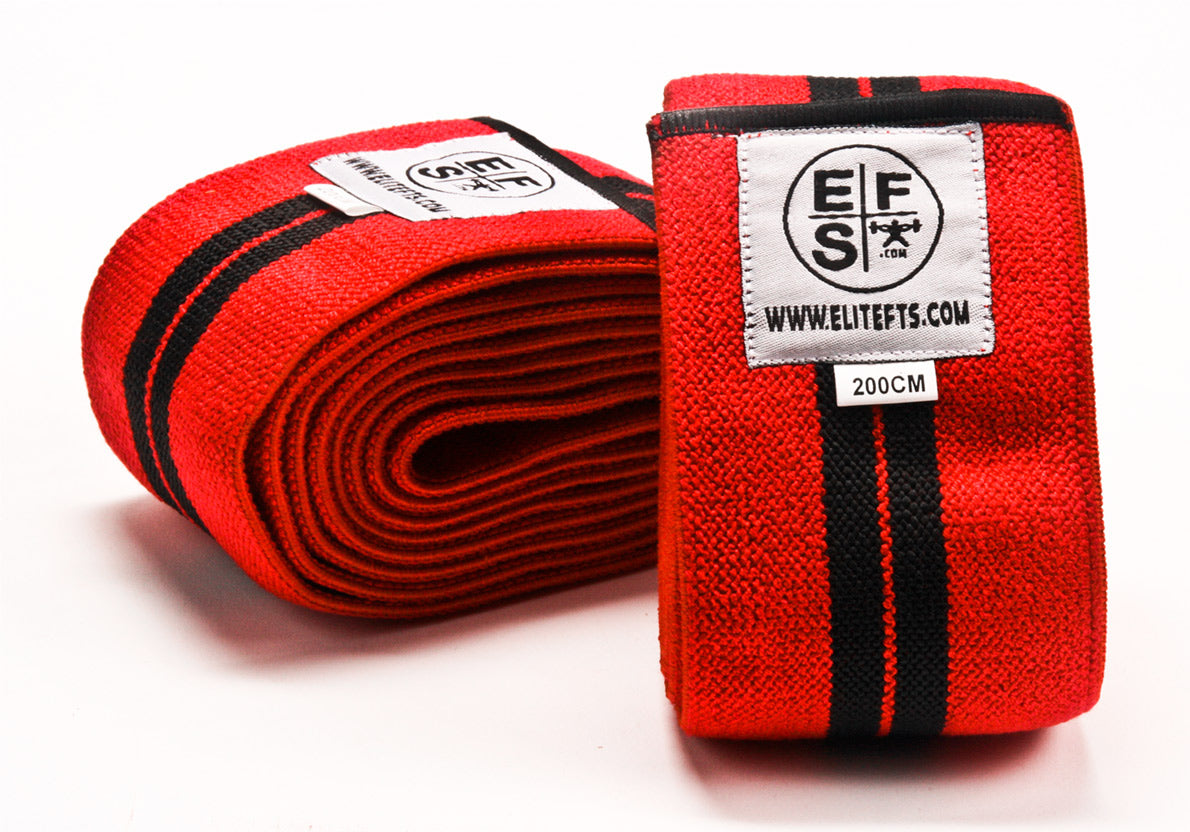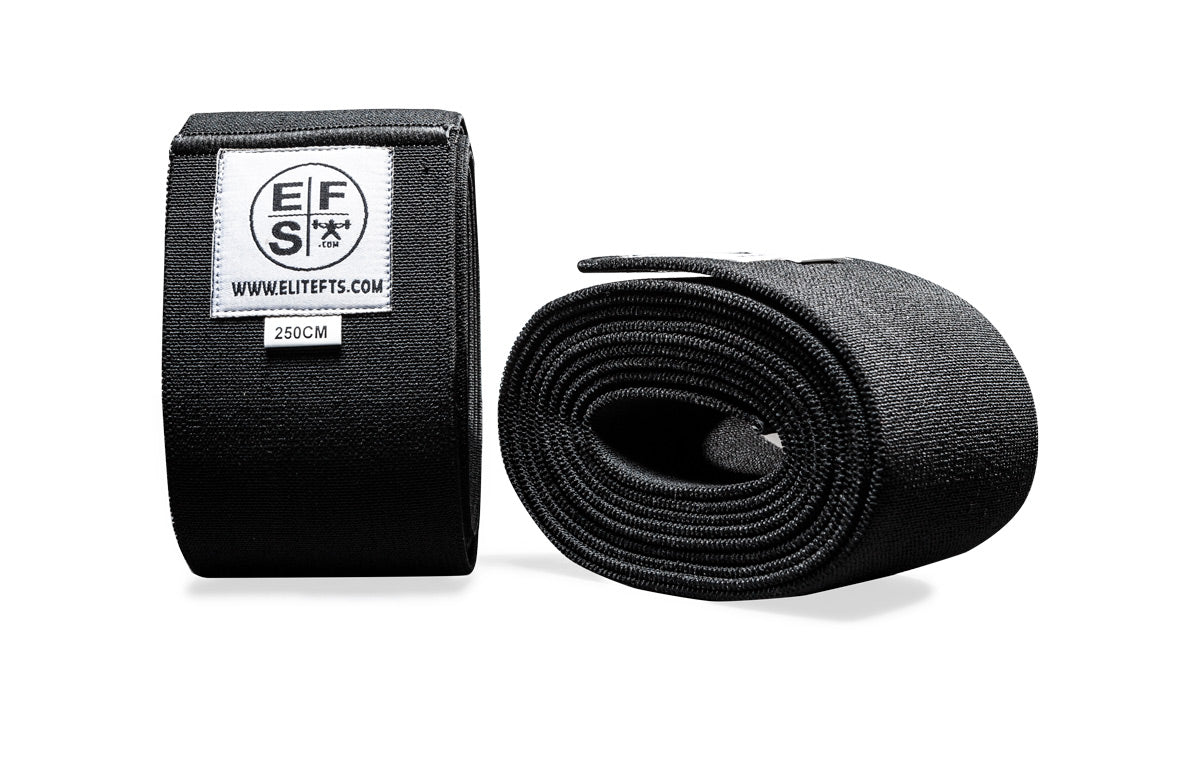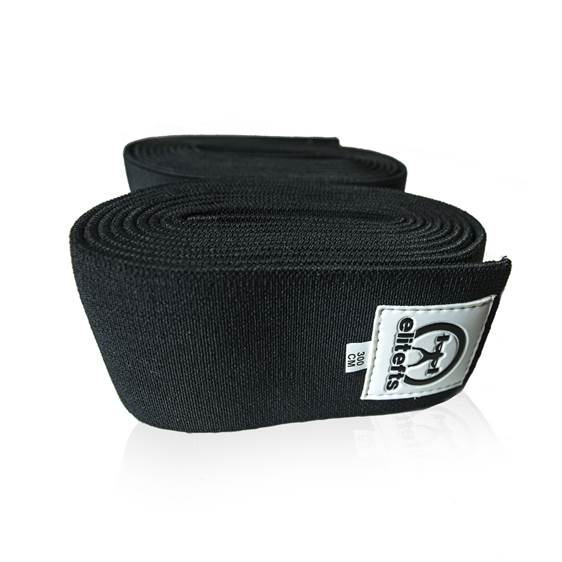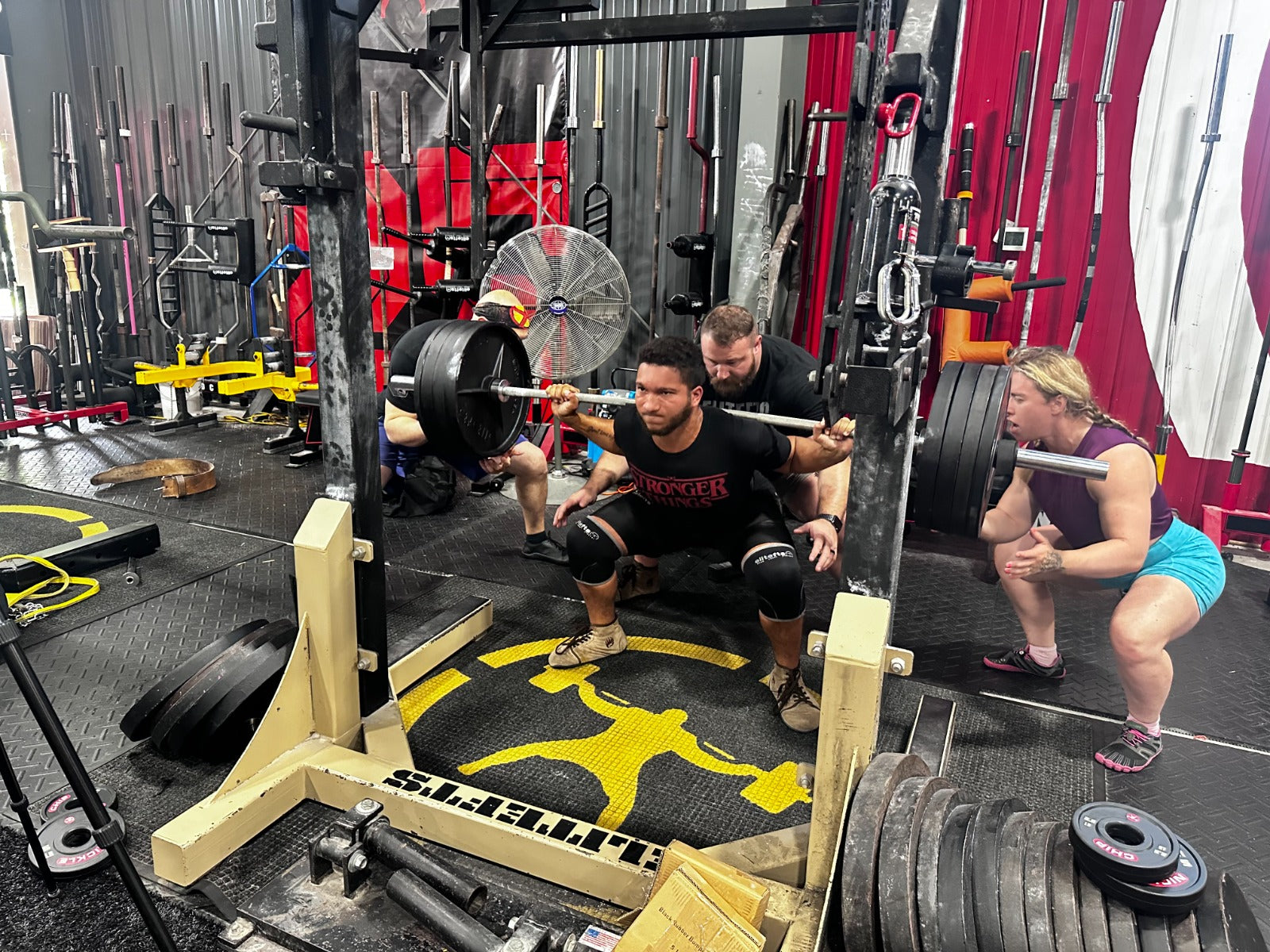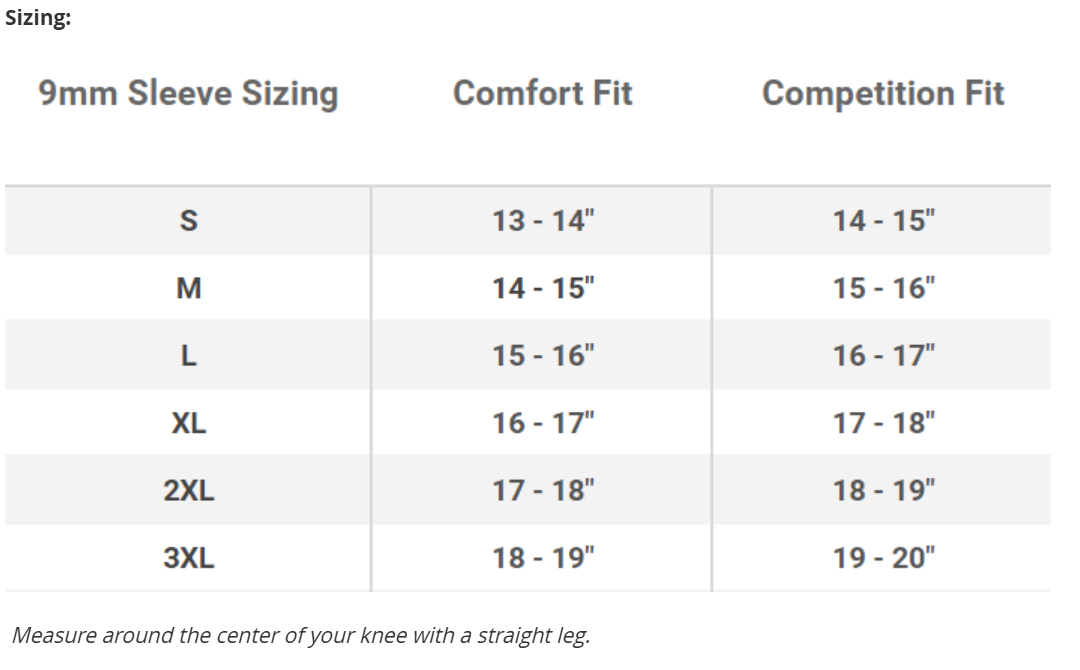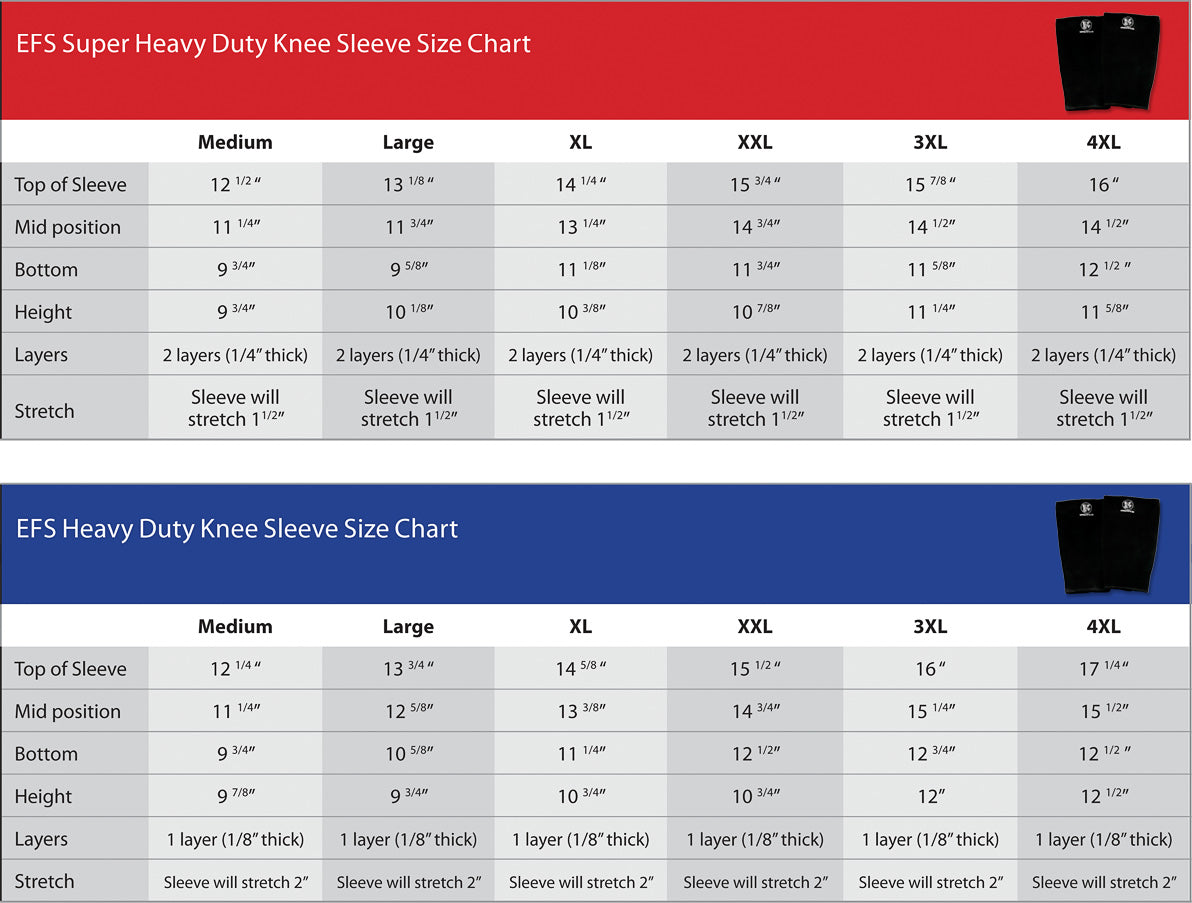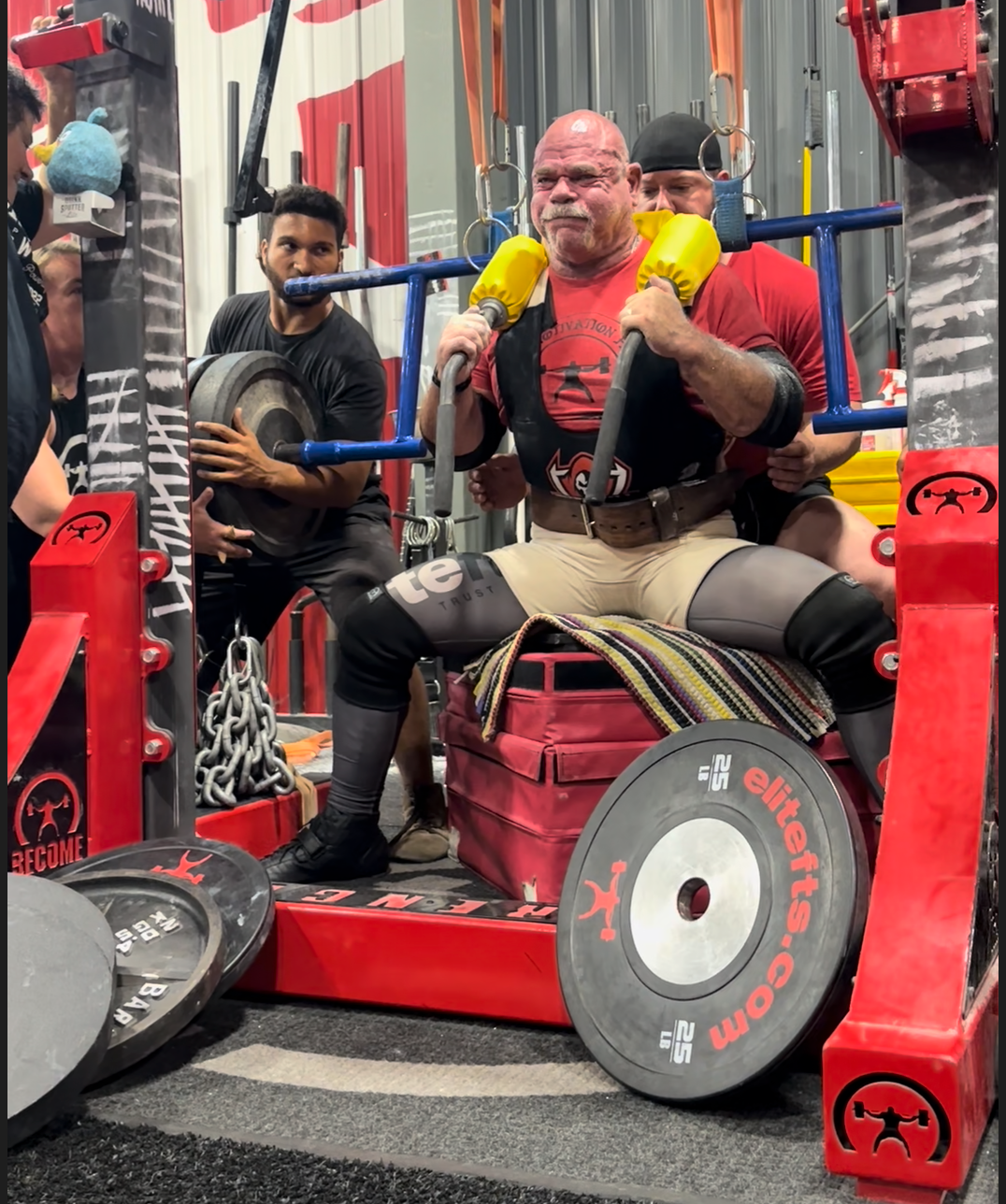Why do you think it is important for an experienced lifter to use a coach?”
If you’re a coach in this industry, I want you to take a minute to look back at how you got started and how you progressed. Did you know how to navigate all of your clients? What topics or concepts did you get hung up on? Did you disregard some ideas because your peers wrote them off as dumb, thus making you not care to give them a chance?
I have talked to countless coaches regarding their path in the industry, some just starting out and some that have “made it." By made it I mean someone who has been in the industry AT LEAST 10 years and is STILL making a living off of coaching. I am NOT referring to someone who had quick success, made a decent amount of money doing the sport or craft, and is now nowhere to be found.
RECENT: How to Tell If Your Squat is Too Wide or Too Narrow
During these years of developing our craft, skill, and niche in the field, we all had help and mentors. No, none of you did it by yourself. If you think so, then just stop reading this article. During this development, we more than likely had a coach to guide and help us progress in our own lifting, but there comes a point in time when we should program for ourselves to better understand how we respond to certain stimuli and how to adjust. Is it ever necessary to transition back to using a coach after a certain point? I believe that idea deserves a look.

Training Under a Coach
There is always something to learn from someone else’s approach to training. Just like going to a seminar, there is always some new piece of information you can take away. Usually, when being coached by someone else, you will find that the progression model is different than what you’ve experienced, thought of, or seen before. Even if you have done something similar, the exercise prescriptions and method behind them will most likely be a different approach. This coaching dynamic not only allows for another set of experienced eyes to see and progress you in a different way but also acts as a sounding board for mental strain during strength training.
Working with Other Intermediate to Advanced Lifters
As a coach myself, I’ve also been on the other side of the coin coaching other coaches. Many lifters have a tendency to get caught up on valid setbacks but allow it to take away from all the good that potentially is occurring. This usually takes effect around mental barriers with poor training sessions or having their mindset in the wrong place outside of the gym. This may look like a missed heavy attempt during a peak, form breakdown during training that they have been working on, or watching others in their weight class moving weight better. Sometimes it’s an outside factor, like a relationship, that'll affect their performance causing the athlete to think the training program is the issue when in reality it’s outside stressors. Being that outside sounding board allows a lifter to refocus. As coaches, we are guides at this level, letting the athlete hold the reigns a little more and giving suggestions on how to navigate these stressors.
To get to an elite level, you know when you have to put on the blinders and zero in on the goal. When outside mental variables grab your attention, the goal-oriented individual will often trail off into unnecessary rabbit holes.
Over your years of coaching (or even as a progressing athlete), there are times to program yourself and learn from your own successes and failures. After all, the best way to learn is to be a teacher. But sometimes, when the situation calls for it, getting back to having a coach can remove mental barriers and allow you to focus on the goal ahead.
The Pilot and His Air Traffic Controller
The second set of eyes can add a very unique advantage to an experienced lifter if those eyes know what to look for. Think of a coach as an air traffic controller. They are overwatching tons of air traffic and also planning out your approach (the end goal as a whole). This includes them looking at all the variables that affect the training approach, exercises, volume, and intensity. The pilot (lifter) has full control of the plan and is familiar with the "path" but can only see what's in front of him. The coach, or air traffic controller in this analogy, offers a different perspective to keep everything on track for a smooth landing but also has the ability to suggest alternatives if danger arises. This variable for a lifter can be invaluable especially at a meet and often results in the best possible performance with the safest outcome if done properly.
So before you write off hiring a coach because other people say, “You need to learn to program for yourself,” contemplate where you are in your strength training journey. Let someone else take the reins for progression and exercise selection to allow your mental energy and intensity to go towards the tasks at hand.
Christian graduated from the University of Memphis in Exercise Sports Science earning his bachelor’s degree and CSCS certification. Christian is a competitive powerlifter with elite totals in the 165-198 weight class and a 1770 total (top ten all-time 2017) in the 181 class. An elitefts member since 2016, he's passionate about his coaching with a technical eye for movement mechanics. He currently resides in Highland, IN working out of Illiana Power Asylum.









